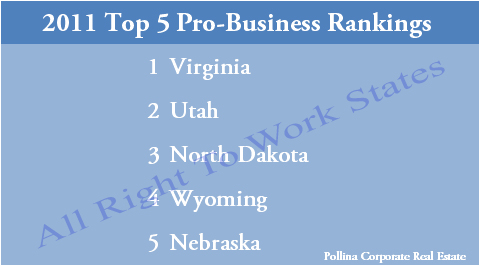The war on jobs and true employee free choice
South Carolina Boeing employee Dennis Murray, a quality assurance inspector, doesn't mince words regarding IAM union bosses' aims: "They're trying to spank us like unruly children, by having all of our jobs taken away." Credit: WCBD-TV (Charleston, S.C.) From the South Carolina State newspaper, and op-ed by Rep. Ron Paul: With jobs so hard to come by for many Americans, you would think a private company deciding to create more than 1,000 jobs would be cheered by Republicans and Democrats alike. But President Obama’s National Labor Relations Board is doing everything it can to stop Boeing from opening a new plant in North Charleston. And as sad as it may seem, at the heart of the board’s actions is political cronyism at its absolute worst. Since South Carolina is a right-to-work state, workers at Boeing’s new plant can’t be forced under the threat of losing their jobs to hand over a portion of their hard-earned money to union officials in dues. The labor board’s attempt to force Boeing to stay in a non-right-to-work state where the union bosses can force workers to pay up or be fired is political payback for their undying support during the last presidential campaign. If the Obama administration succeeds, it could result in the virtual destruction of right-to-work laws all across the country: No longer could private companies decide for themselves where to move or open new facilities; the government would now take on that responsibility and make decisions based solely on what benefits the big-labor elite. Right-to-work states would be left out in the cold. According to the National Institute for Labor Relations Research, right-to-work states had more than double the job growth of forced-unionism states over the past decade. In other words, big-labor control over American workers is a drag on our economy. It was organized labor’s stranglehold that drove the big three automakers to the brink of bankruptcy — until American taxpayers were forced to rescue them. And it’s not just in the private sector. Big labor’s control of government workers in California, Illinois and elsewhere has driven those states to the brink of bankruptcy.




